Energy is a key factor in combating climate change, one of the biggest challenges the world is facing today. India has committed to cutting emissions to net zero by 2070 and set ambitious targets for adopting renewable energy. Achieving these targets requires careful planning and an overhaul of our current energy system.
Our work aims at enabling policies that encourage the adoption of rooftop solar, facilitate the development of technology for energy storage, strengthen the grid and transmission infrastructure, advance hydrogen technologies, and promote green mobility. CSTEP's research looks at the various aspects of mainstreaming renewable energy for a cleaner, greener energy sector.
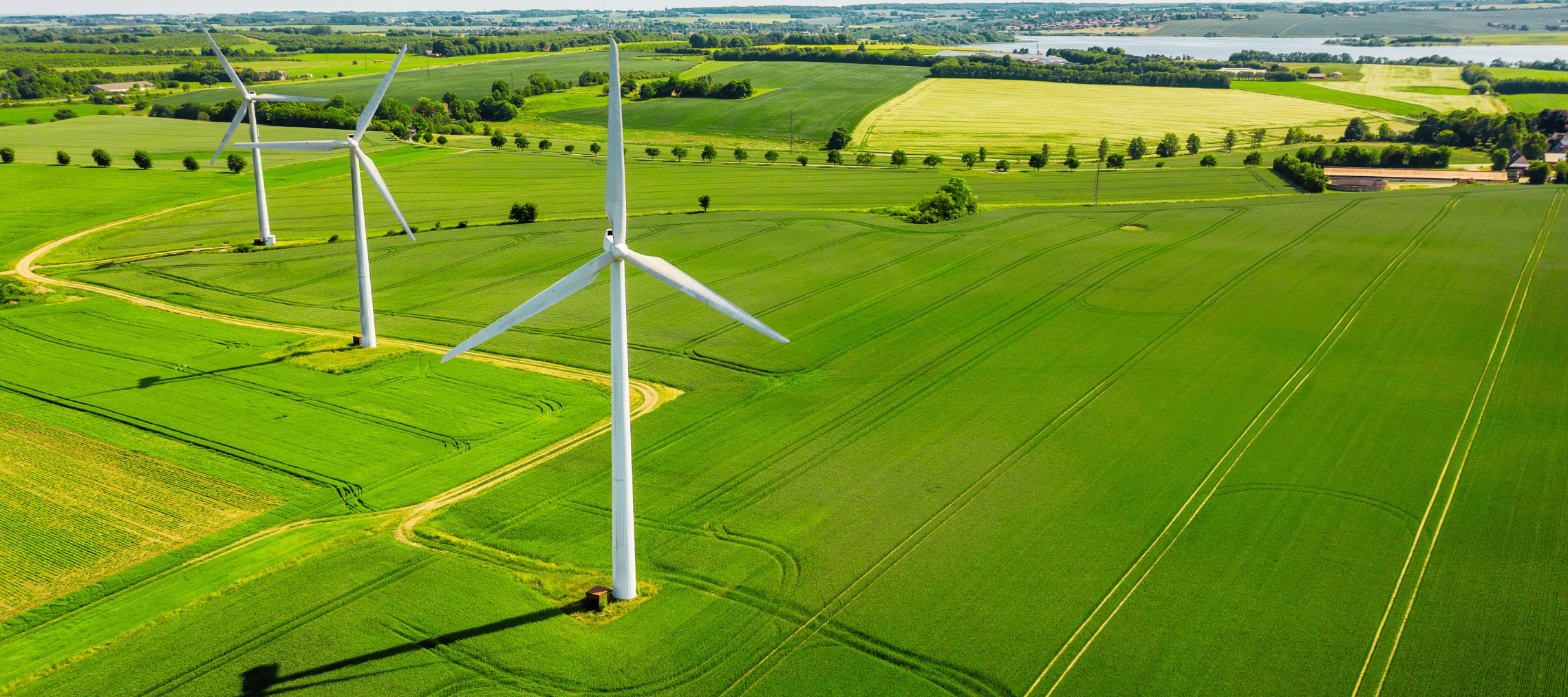
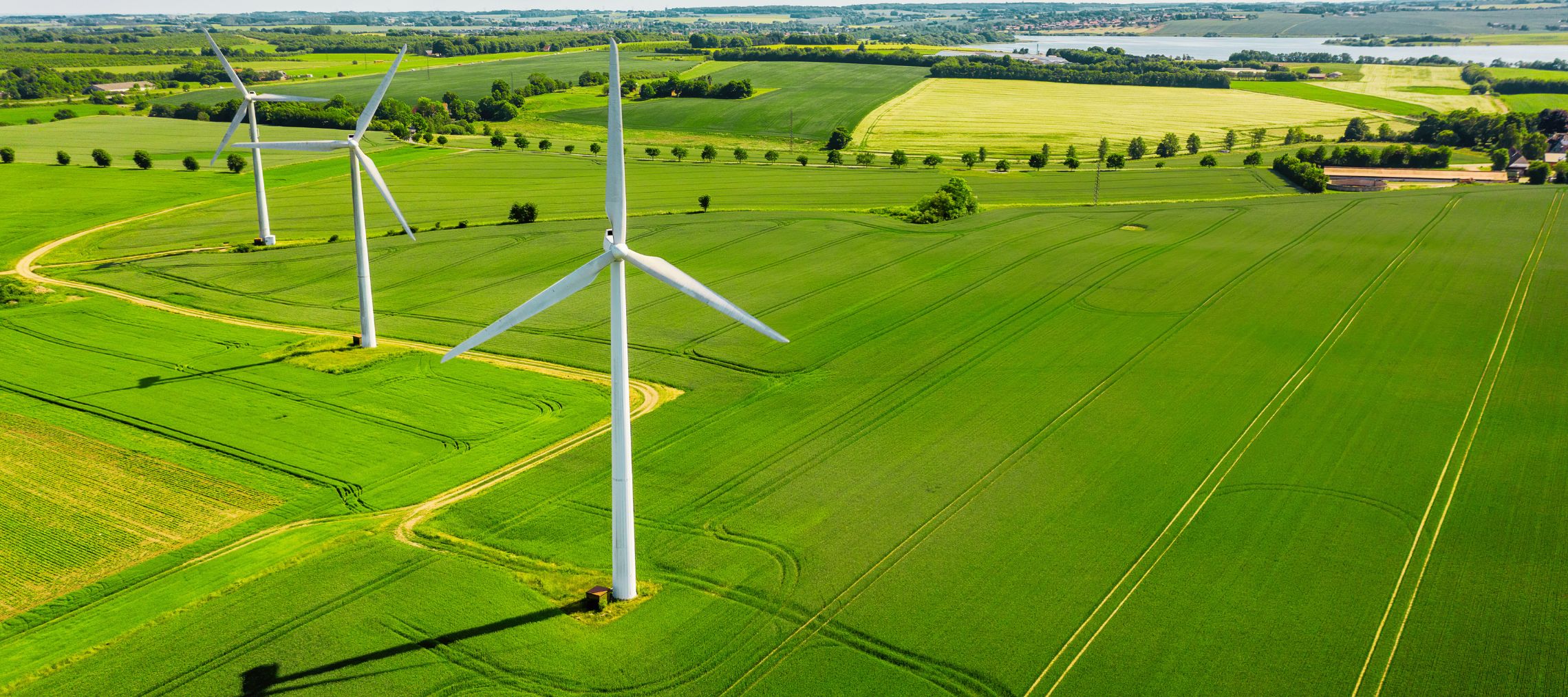

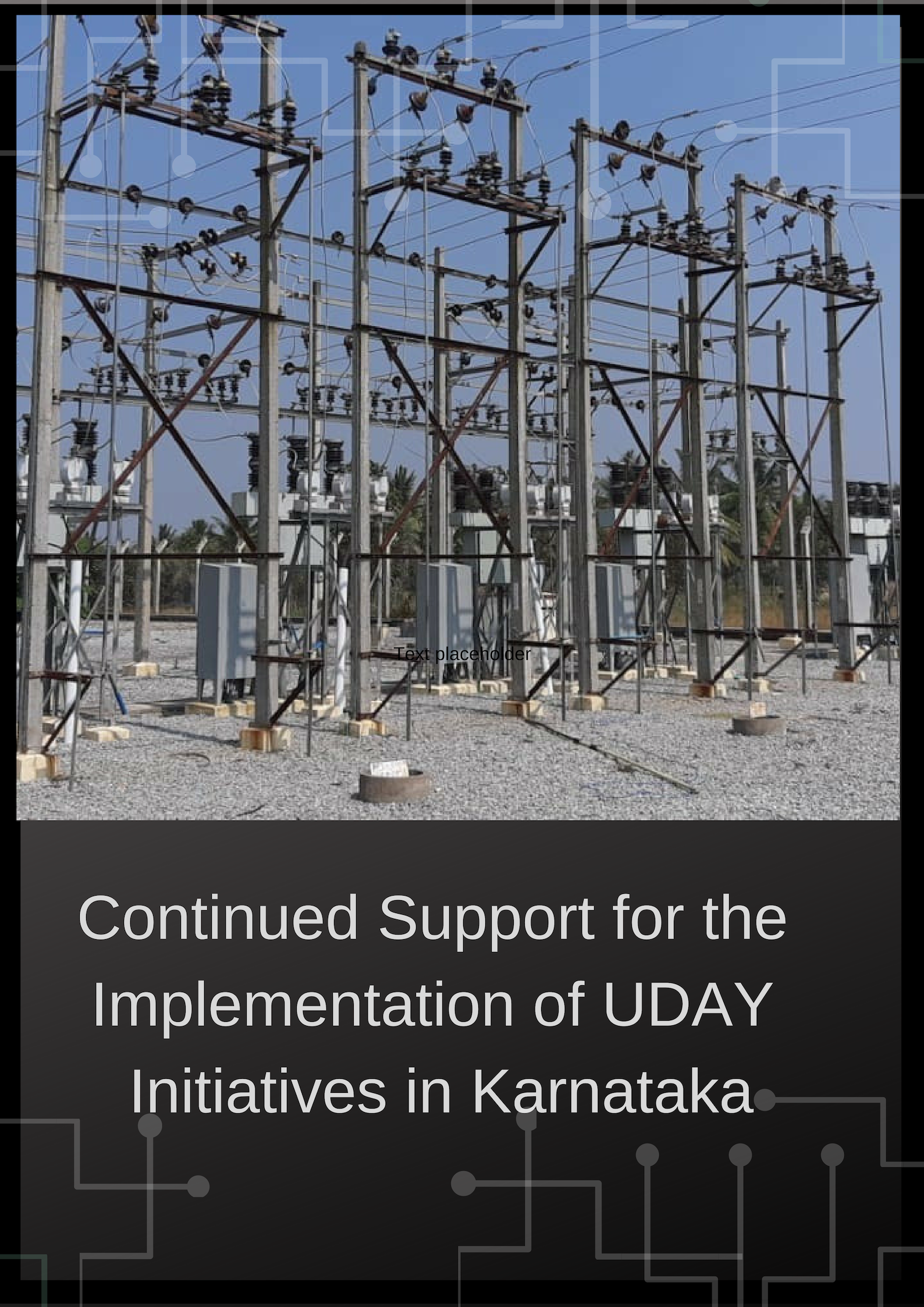
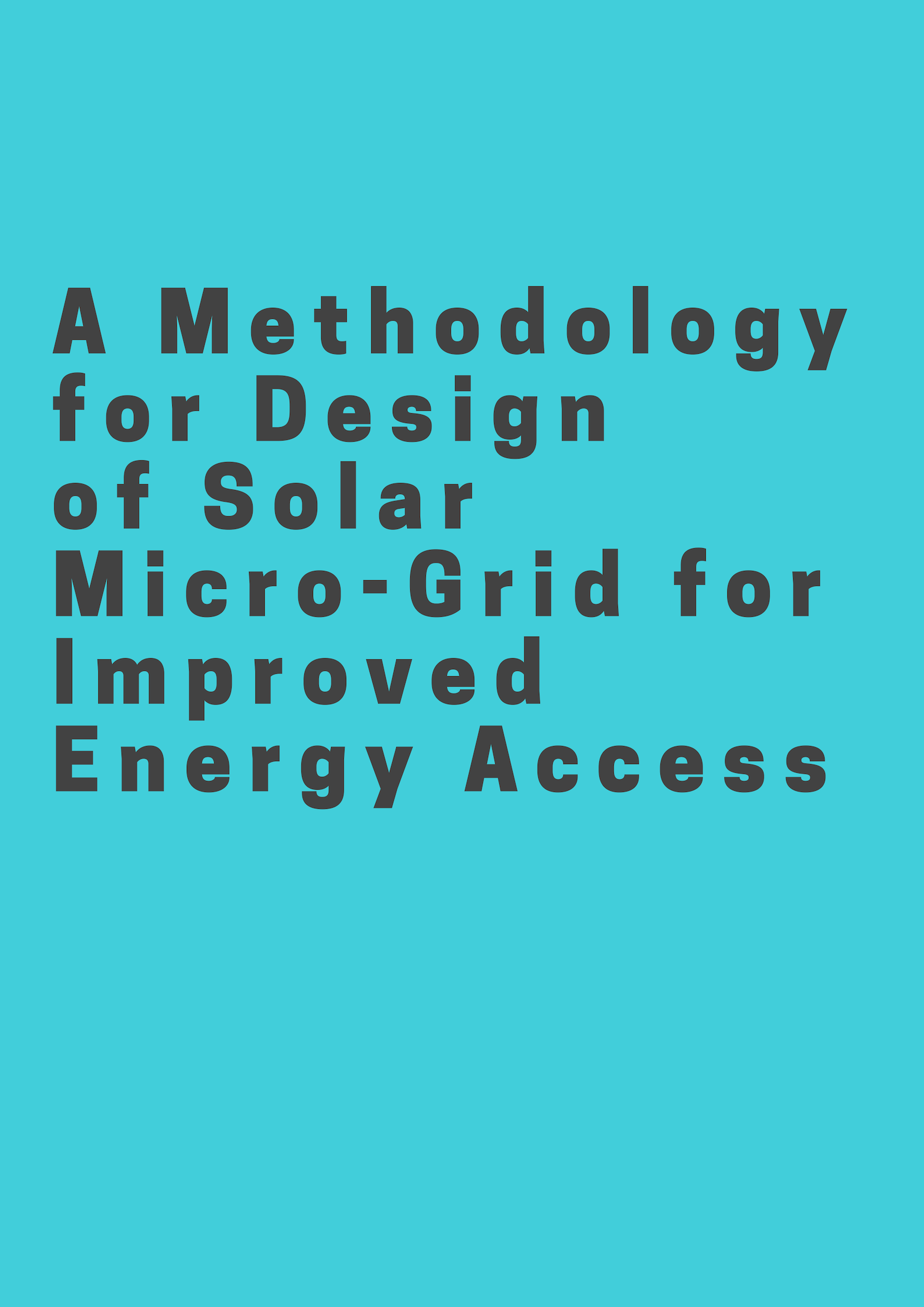
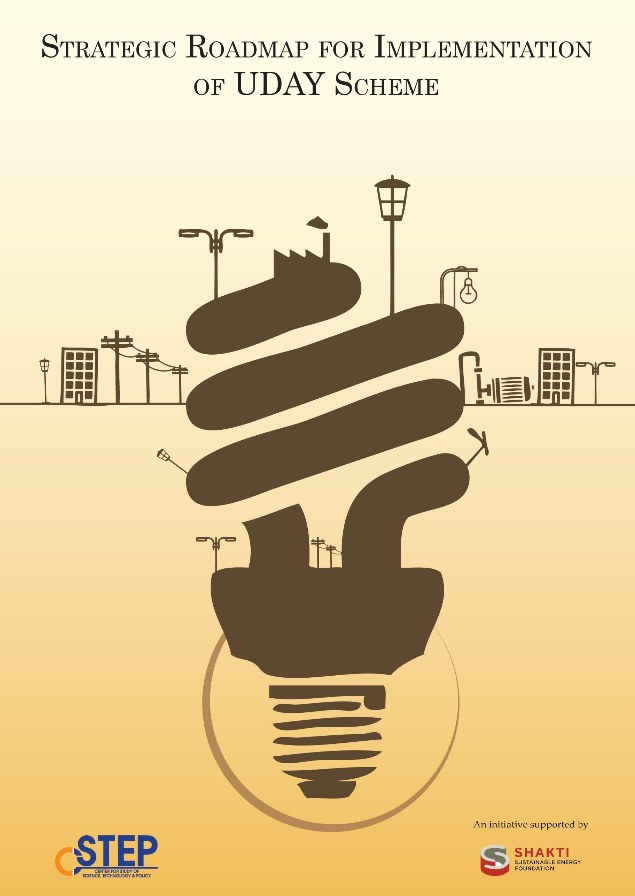
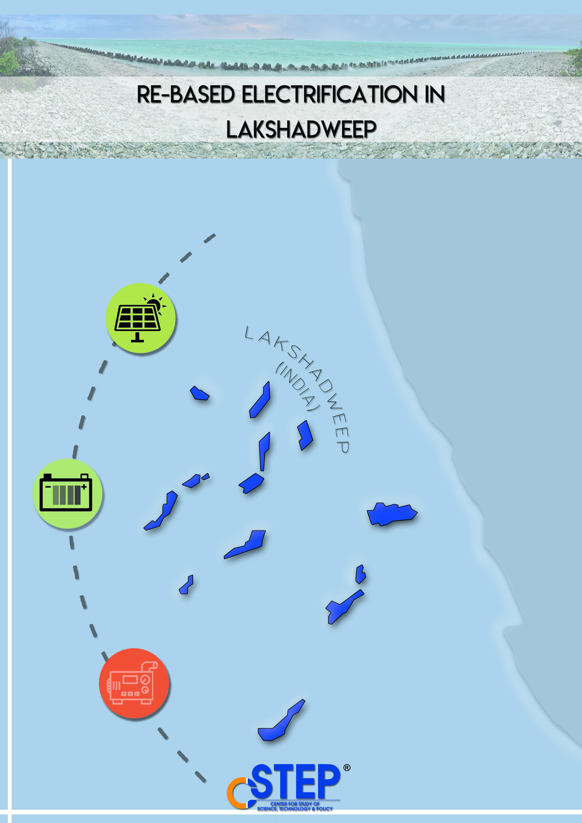
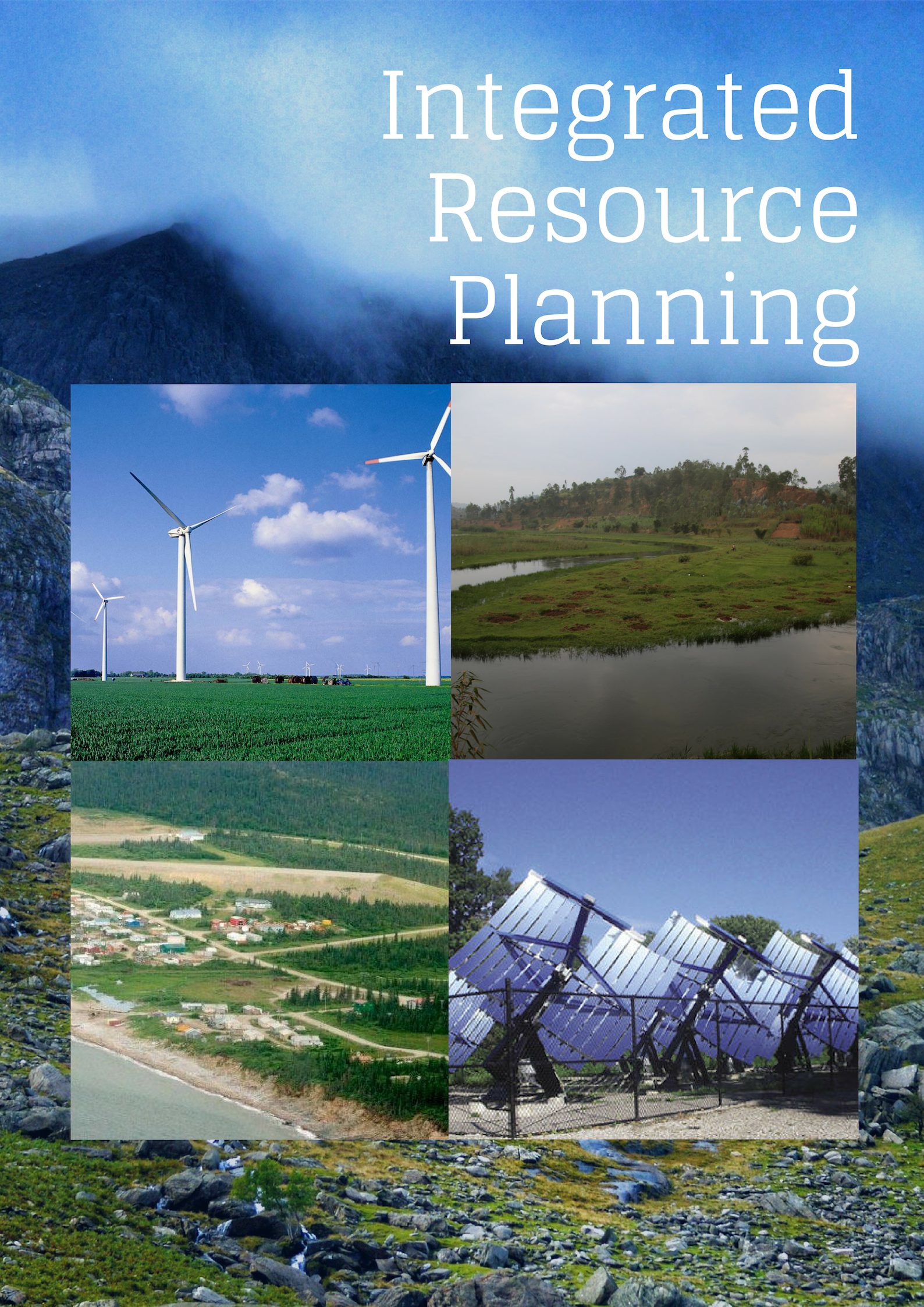
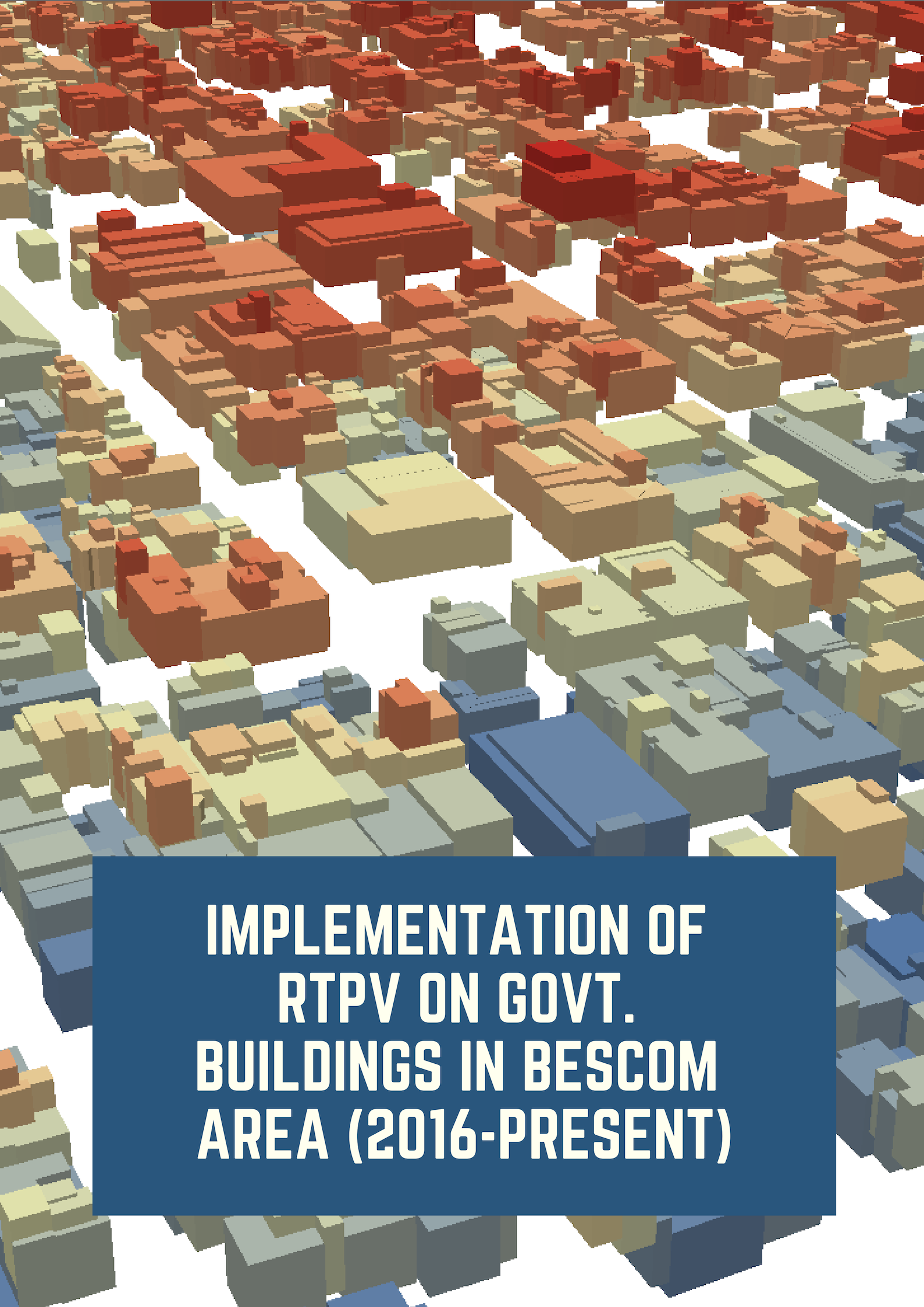
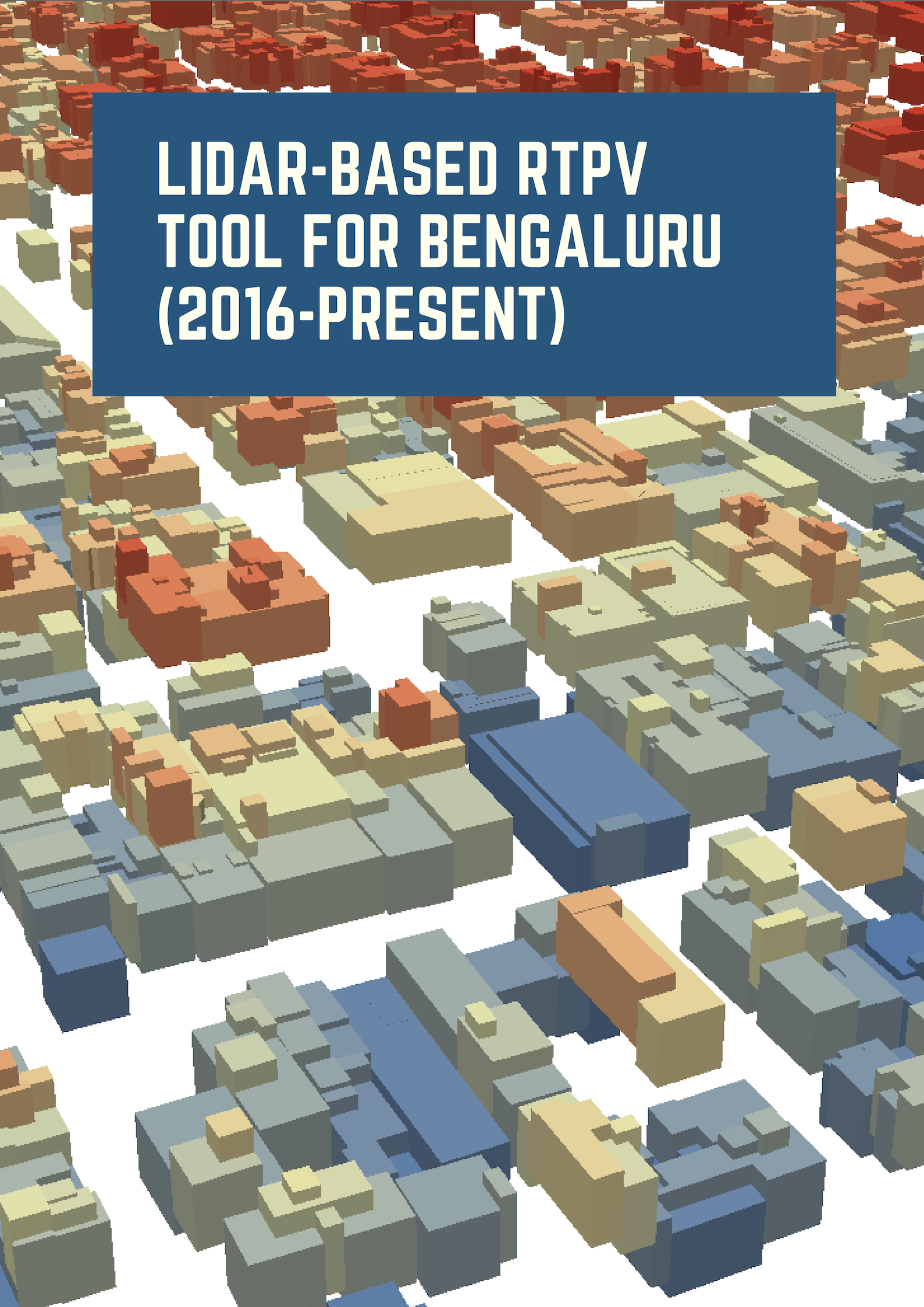

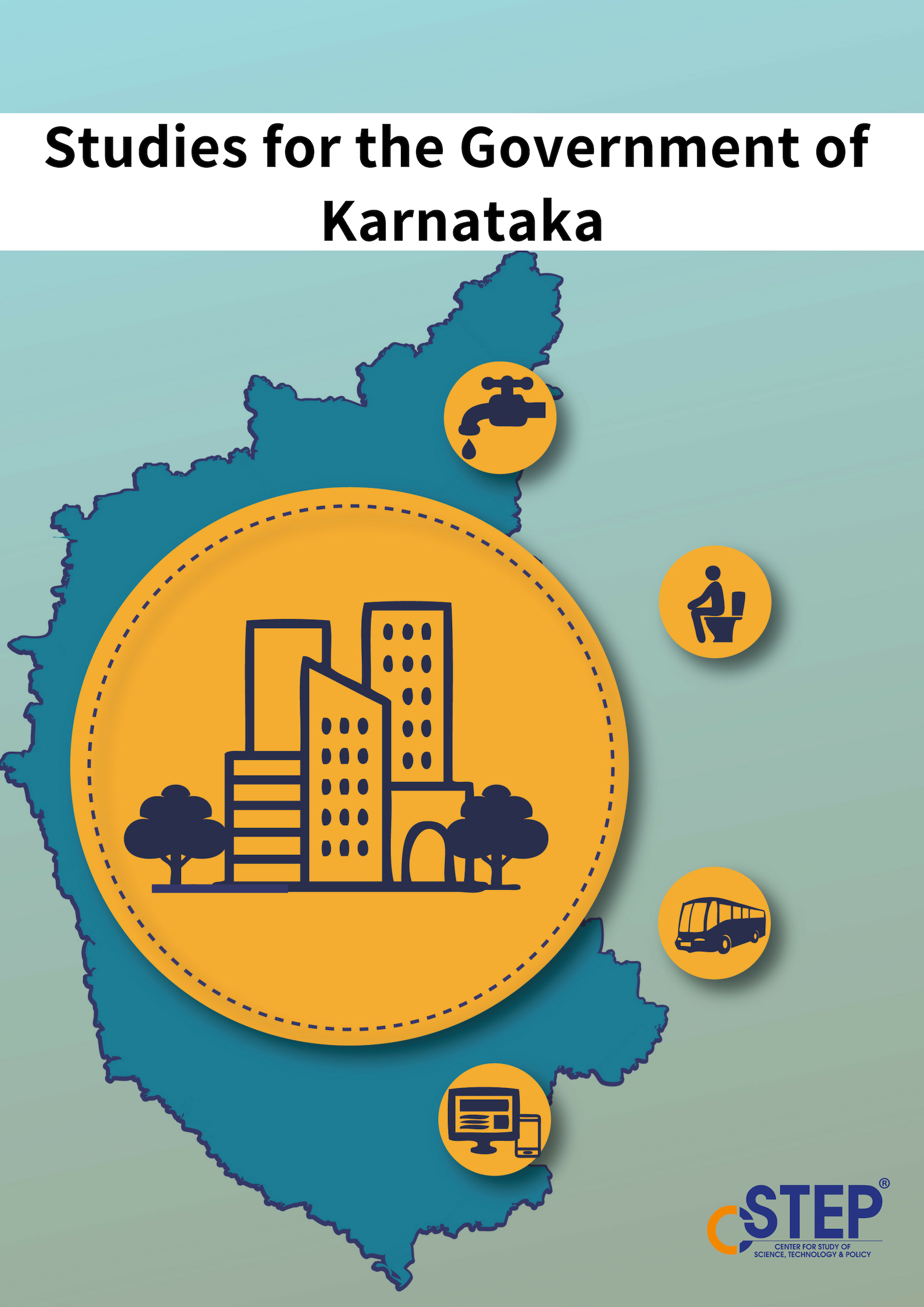

A roadmap for Karnataka state power generation companies
Electricity generation companies (GENCOs) are currently in the throes of a transition. There is ample availability of renewable energy (RE), and that too at a price cheaper than that charged by conventional power plants. Therefore, power demand from distribution companies (DISCOMs) is shifting from coal-based thermal power plants to RE power plants.
Power Markets in India
Electricity, like any manufactured product, can be bought and sold in a market — in this case, a power market. The buying and selling transactions of electricity occurs in the units of either power (in megawatts, MW) or energy (in million-units, MU). Like all transactions, power transactions involve a buyer and a seller, which can be a distribution company (DISCOM), a generation company (GENCO), a power exchange, or a bulk consumer.
What are the current challenges & future outlook about lending to rooftop solar projects?
India has set an ambitious target of 40 GW of clean energy generation through rooftop photovoltaic (RTPV) installations to be achieved by 2021–22. RTPV uptake, however, has been sluggish with only ~6.1 GW installed so far. Of this, more than 75% capacity comes from commercial and industrial consumers and the rest from residential and public sector rooftops.
Residential Solar—Thinking beyond Capital Subsidies and Lower Equipment Costs
The Sustainable Rooftop Implementation for Solar Transfiguration of India (SRISTI) scheme was announced in early 2019. It was expected to rejuvenate the roof top photovoltaic (RTPV) sector, which by then had achieved only ~1.2 GW of the 40 GW target for 2021–22. SRISTI targeted the underserved residential category by offering attractive capital subsidies of up to 40% for 1–3 kW systems and 20% for 3–10 kW ones. The scheme also had a subsidy component of 20% for large apartment complexes and group housing societies.
Seamless DBT for Consumers Below Poverty Line
The proposed Electricity (Amendment) Bill, 2020, for the Electricity Act, 2003, intends to bring major reforms in the Indian power sector. One of the proposed amendments is in Section 65 of the principal Act.
According to Section 65 of the Act, state governments should pay subsidy to electricity distribution companies (DISCOMs) in advance for electricity consumption by domestic consumers who are below poverty line (BPL).
Seamless DBT for Agricultural Consumers
The proposed Electricity (Amendment) Bill, 2020, for the Electricity Act, 2003, intends to bring major reforms in the Indian power sector. One of the proposed amendments is in Section 65 of the principal Act.
The proposed amendment is intended to replace this provision with a Direct Benefit Transfer (DBT) scheme. Under this scheme, state governments transfer the subsidy directly to consumers, and DISCOMs then charge the consumers based on the tariff determined by the SERCs.
Solar Energy–Based EV Charging: A Pilot Study
CSTEP’s pilot study in collaboration with the state-run Bangalore Electricity Supply Company Limited (BESCOM) demonstrates the idea of directly using solar energy to charge EVs. The project was funded by the Shakti Sustainable Energy Foundation.

